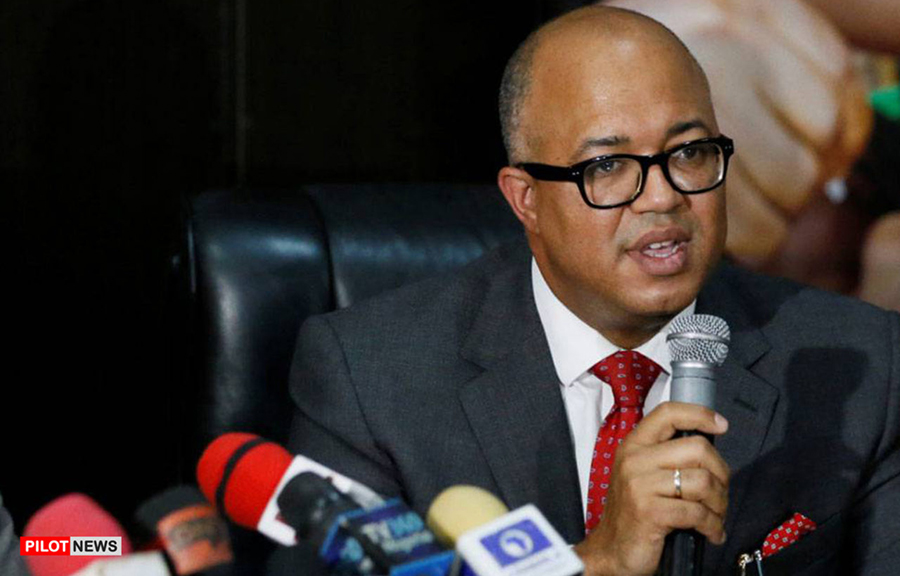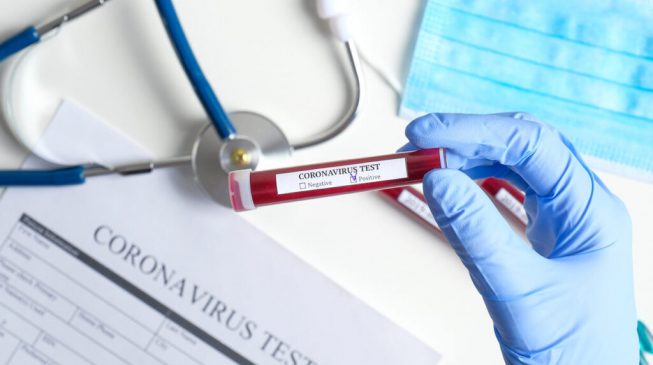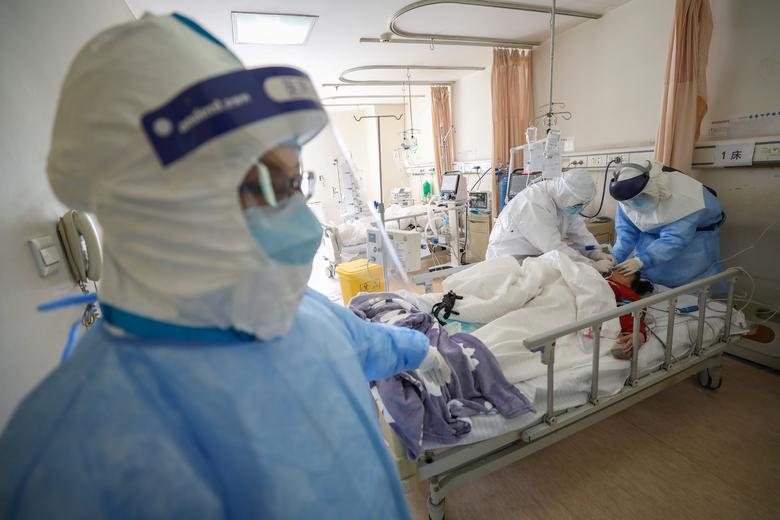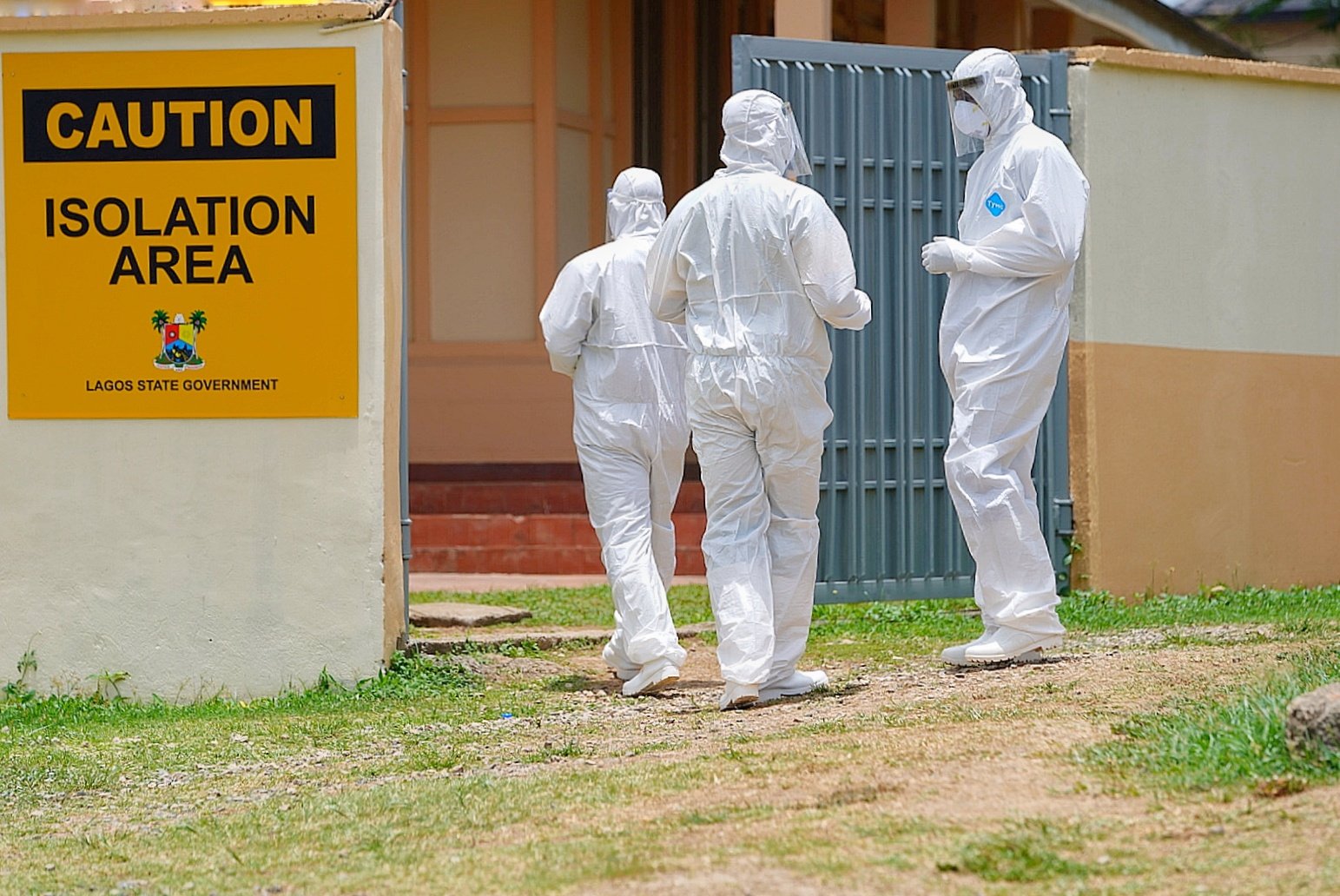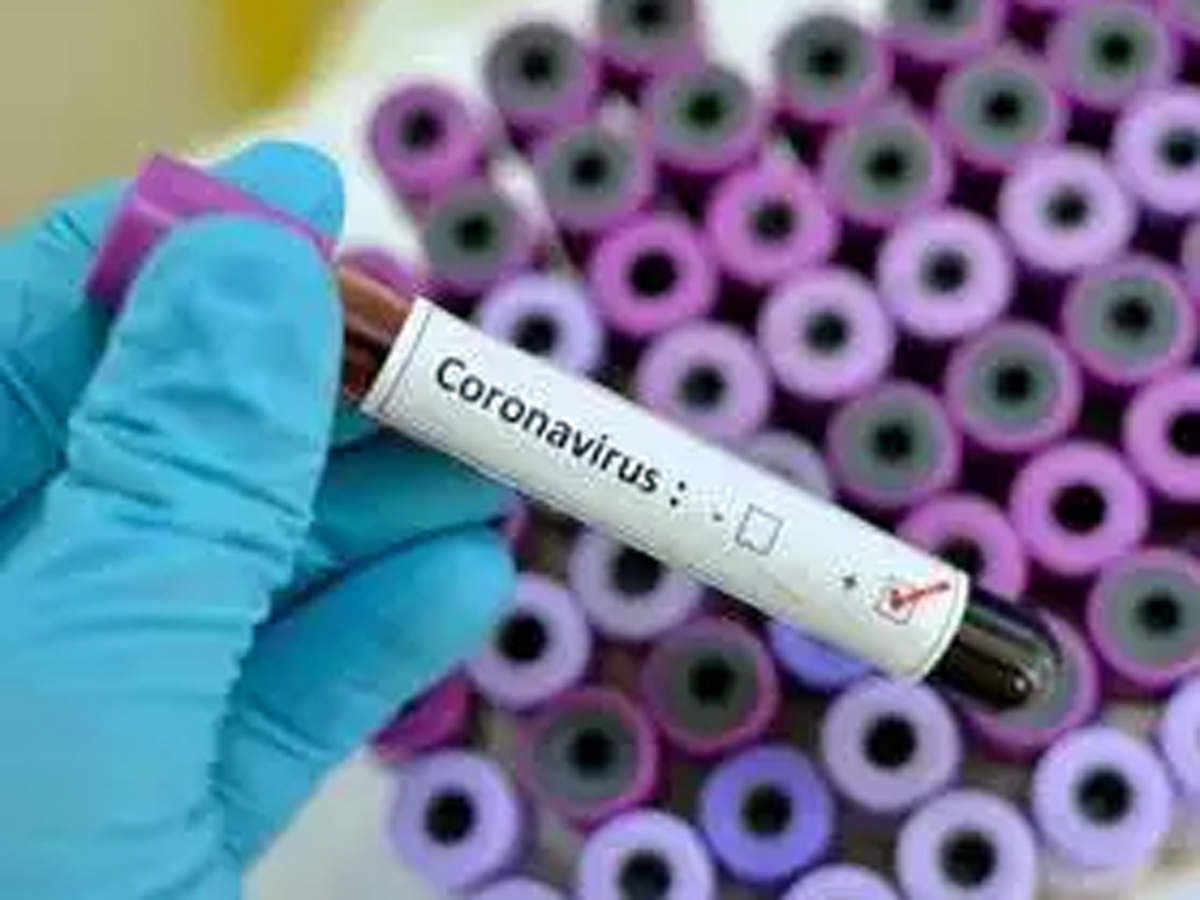The Inspector General of Police, Kayode Egbetokun, has been urged to do more about the rising cases of extortion involving personnel of the Nigeria Police Force, as well as urgently address flaws in the recruitment process.
The call for the police authorities to take urgent action follows a recent investigative report in Kwara state published with support from the Wole Soyinka Centre for Investigative Journalism (WSCIJ), exposing how several youths, motorcycle riders, and corps members face extortion daily.
Participants raised the alarm against police extortion during an anti-corruption radio program, PUBLIC CONSCIENCE, produced by the Progressive Impact Organization for Community Development, PRIMORG, on Wednesday in Abuja.
Security expert and public good advocate Prince Kevin Fyneface said the problem of police extortion is an age-long problem rooted in systemic corruption, including flawed recruitment processes, nepotism, and poor welfare packages for the personnel.
Fyneface advised that the Nigeria Police Force and the Federal Government must first get it right with the recruitment and welfare of officers.
He added that systems must be set up to profile people who are to be recruited into the force without prejudice and nepotism.
“The Police Service Commission responsible for recruitment gets to the right people at the right time. Let’s get away with this slot allocation that we give for recruitment and allow for merit-based recruitment to take place across the board. Remuneration should be reconsidered. Security officers and men should earn as much as politicians are earning”.
Fyneface noted that the reason police extortion continues to thrive is because the “people are not empowered to fight for their rights; the justice system difficult to access in terms of getting timely justice and a lot of citizens unaware of where to report cases of extortion and harassment.
“We have a major problem when it comes to the recruitment process of policemen and women in Nigeria. Take your time and go through the recruitment process of police and major security agencies, and then you’ll understand why we have a dearth of morality and integrity.
“Job recruitments are advertised online, but you also know you have to pay money before you get into service. Recruits are extorted right from the gate at police training camps. Someone who has sorted his or her way through will naturally have to recoup his money.
“There is a cobweb system that runs this country. Somebody is connected to somebody who is connected to someone high up there. When disciplinary action needs to be taken on an erring officer, someone will call from one headquarters to stop that disciplinary action.
“We cannot say all of them (police officers) are the same. There are some very good ones out there,” Fyneface explained.
On his part, investigative journalist Ridwan Odofin called on IGP Egbetokun to go all out against officers extorting people in Kwara state and elsewhere in the country.
Odofin advised that “regular training of personnel on ethics, human rights and community policing are essential to preventing police extortion and will promote a culture of respect.”
He also advocated for an improved relationship between the police and communities.
His words: “The extortion of youths in Kwara state is a representation of what is happening across the and a sign of failure of the justice system. The tales of the bitter experience of people in the hands of rogue police officers are much.
“Sadly, some of these officers are perpetrating extortion and feel that they cannot be sanctioned. I think ignorance is taking over the situation, and I agree that there is a serious link between poor welfare of an average police officer and extortion of citizens,” Odofin disclosed.
Some residents of the Federal Capital Territory (FCT) and its environs who called into the radio programme shared their experiences with police extortion and harassment at different times and locations across the country. Here are some of their ordeals:
Mayo from Airport Road said: “In terms of extortion, I had an issue one time where the person I gave work to ran with my money, so I went to the police station. You need to pay. They will ask for a mobilization fee to go with you even though you’re driving them. Another one is this regular checkpoint because I stay at Apo. You see long queues and nothing is happening there.
Adebayo from Gwarimpa: “The extortion is always happening. Within Abuja, they are cautious, but when you go to the outskirts like Gwagwalada and Zuba, they keep you stranded. You’ll have to give them something, and they will tell you they are reporting to someone.
Seth from Abuja said: “I appreciate the good ones on the job. Few spoil the work. God bless those doing the right thing.
John from Guzape: “In my experience, what we were asked for was money for files. My second told them that this money is gotten from the government”.
The Lagos State Police Command has also revealed it has begun the trial of four police officers accused of extorting N1 million from three members of the National Youth Service Corps in the Surulere area of the state.
Public Conscience is a syndicated weekly anti-corruption radio program PRIMORG uses to draw government and citizens’ attention to corruption and integrity issues in Nigeria.
The program has the support of the MacArthur Foundation.



